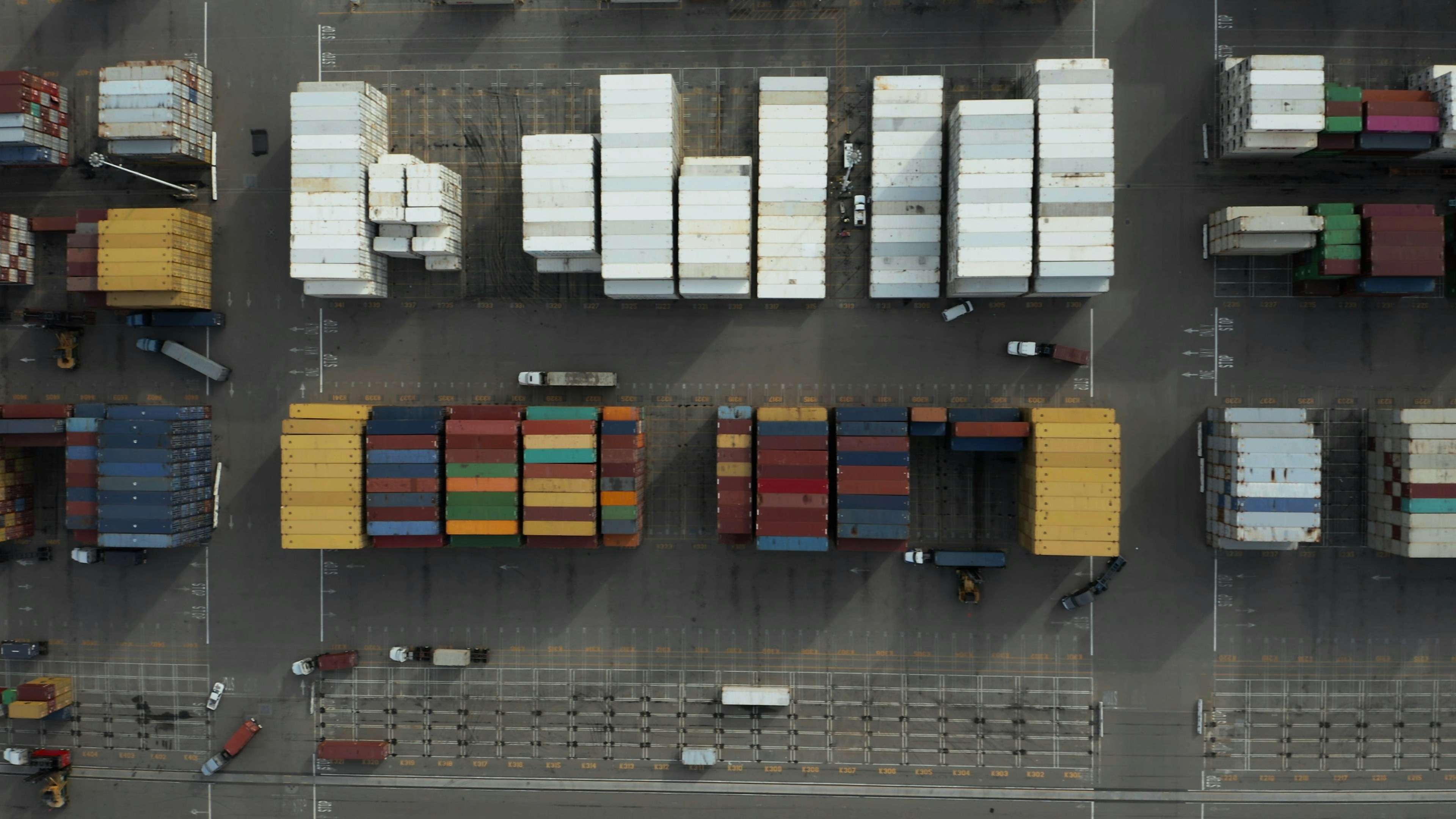
In today’s rapidly evolving global market, businesses are facing increasing pressure to align with environmental, social, and governance (ESG) principles. Sustainability is no longer a luxury but a strategic imperative. Supply chains, especially logistics and transport, are at the heart of this transformation. By embracing eco-friendly practices, companies not only reduce their carbon footprint but also enhance operational efficiency and long-term resilience.
Shipping accounts for over 80% of international trade by volume. As a result, optimizing maritime logistics is critical. Companies are now investing in low-emission vessels powered by liquefied natural gas (LNG) or even exploring hydrogen-based propulsion systems.
Advanced AI and machine learning tools help optimize shipping routes to reduce fuel consumption and emissions. Real-time cargo tracking systems also improve decision-making and reduce empty miles.
Warehouses are transforming into green hubs with solar-powered roofs, LED lighting, and automated energy management systems. These upgrades drastically cut down on electricity usage and operational costs.
Implementing digital warehousing solutions and predictive analytics minimizes overstocking and understocking, reducing waste and unnecessary transportation.
Electric delivery vehicles, especially for last-mile logistics, are becoming more common. In heavy freight, biofuels and compressed natural gas (CNG) are practical interim solutions until battery technology matures.
Fleet tracking and predictive maintenance tools not only improve vehicle lifespan but also reduce fuel consumption and emissions by identifying inefficiencies in real time.
Modern consumers are more environmentally conscious than ever. Companies that show transparency in their logistics sustainability practices are gaining a competitive edge. ESG reporting and certifications (such as ISO 14001) are essential for credibility in global markets.
Contrary to popular belief, going green often leads to long-term savings. Reduced fuel usage, lower utility bills, fewer regulatory fines, and improved customer loyalty all contribute to the bottom line.
Sustainable supply chains are no longer optional—they are a cornerstone of future-ready logistics. Companies that invest in eco-friendly shipping, smart warehousing, and green fleet management not only future-proof their operations but also contribute meaningfully to a more sustainable planet.